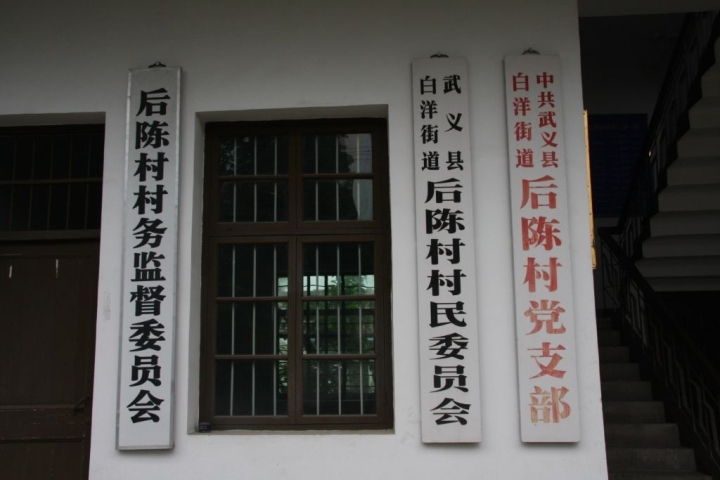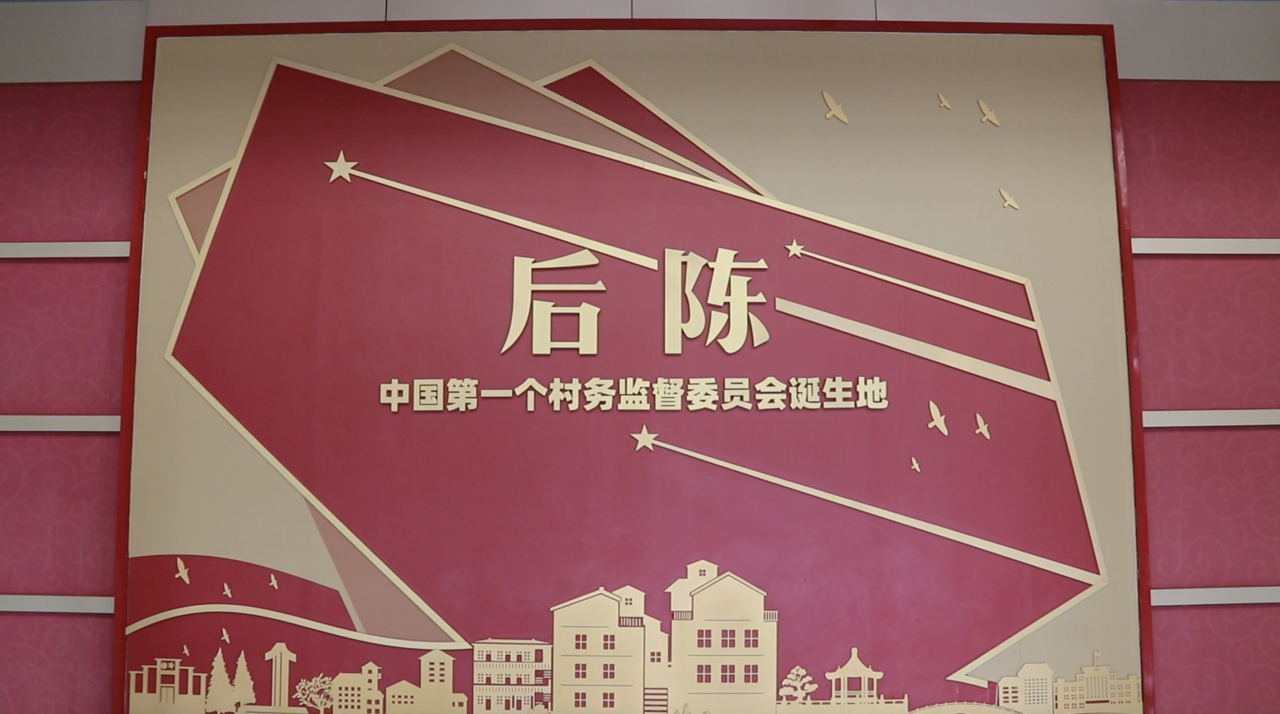
If you set off for a holiday inside the Houchen Village of the Wuyi County in East China’s Zhejiang Province, I am sure that you will be impressed with the idyllic landscape and the tranquility here. But it is also worth mentioning that the village is also the place where China’s first village affairs supervision committee was established.
Houchen Village is a suburban village of Wuyi County, a county of one of Zhejiang’s prefecture-level cities - Jinhua. At the end of the last century, with the rapid development of industrialization and urbanization, the collective funds of the village soared in a short time, triggering discipline violations by some local cadres, cadre-mass conflicts, constant petitions by the masses, and some other social problems. Considering this reality, in 2004, the village, therefore, established China’s first Village Affairs Supervision Committee under the “rustic-style” innovation of grassroots democracy.

The committee is founded to supervise village affairs, especially village-level financial affairs. Throughout the process, there is a mechanism for internally overcoming various problems and contrasts. Villagers are empowered to have the "right of supervision" and the "right to know" during the decision-making process of village affairs. This innovation has also become a prologue to China’s exploration in the democratic management of villager affairs.
From then on, Houchen Village set off on the innovative journey of improving the village affairs system, promoting the construction of democracy, and finally achieving the transition from chaos to harmony.
The “Houchen Experience” has now been extended nationwide in China. the Organic Law of the Villagers Committees of the People's Republic of China has stipulated the founding of the Village Affairs Supervision Committee, which defines the tactic as a national policy.
(By Ye Ke)